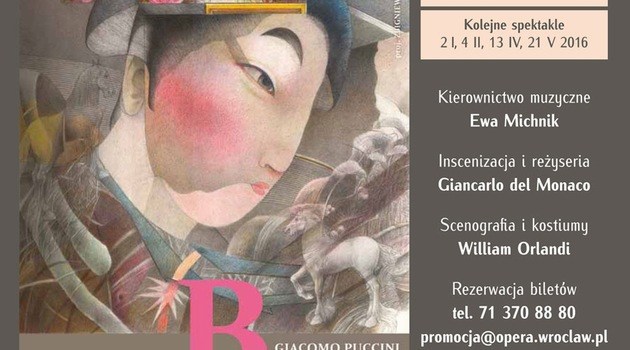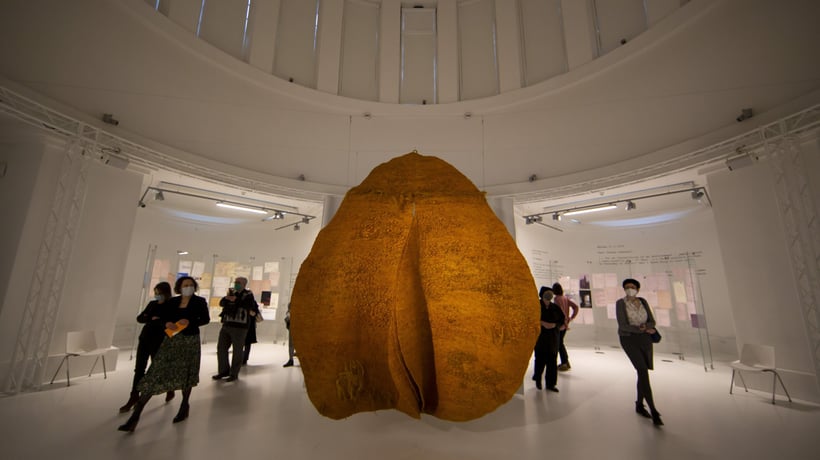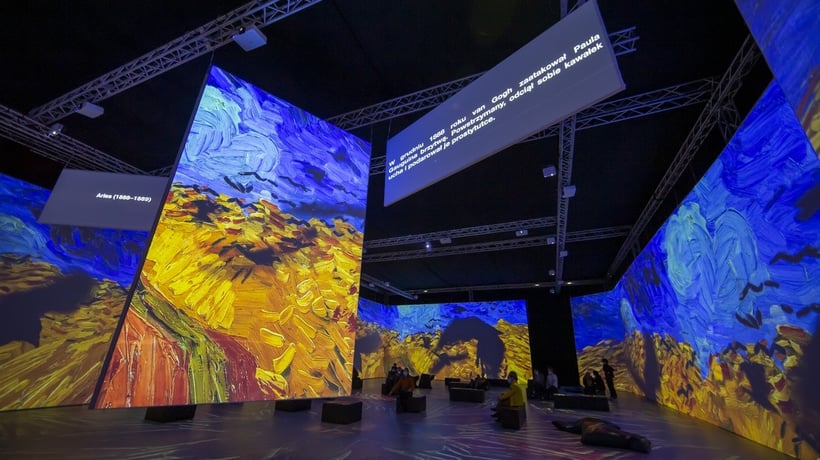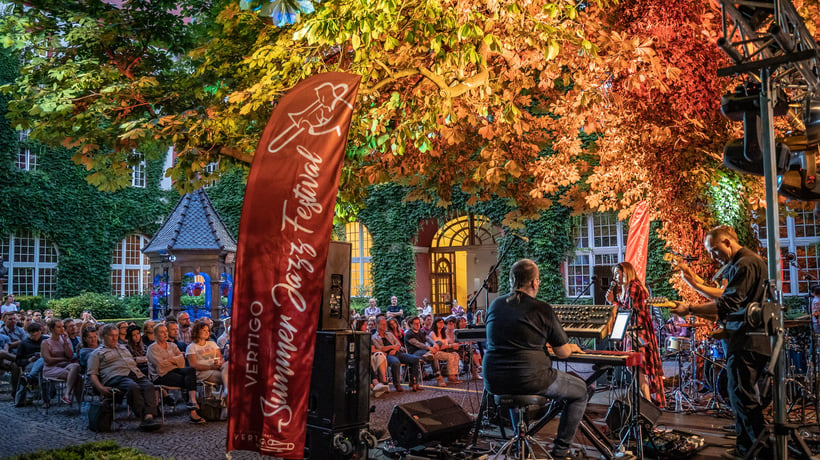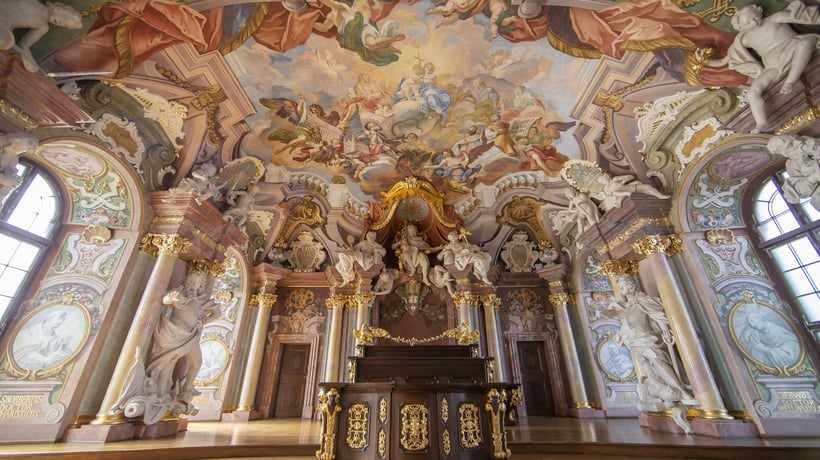High voltage première
The première can be unique for several reasons. Firstly, the previous staging of "Madame Butterfly" in Wroclaw was held nearly twenty-five years ago and it was both extremely traditional and sentimental. Secondly, Giancarlo del Monaco, an Italian opera director who is now working on the new interpretation of the work in Wroclaw, says that contemporary opera needs shock. He also goes on to remind that the original libretto contained a lot of racist lines, while the opera's heroine, which the audience tends to forget, was not a woman but a girl purchased by an American officer. "Apart from vibrant and beautiful music, I would also like to bring out the dark element to the story, namely treating a woman as a commodity and the appearance of the main hero Pinkerton," emphasises Giancarlo del Monaco.
Director and the son of a great tenor singer
The Italian artist was born to and raised in a celebrated Italian family. His father was the legendary tenor singer Mario del Monaco, and his mother the soprano singer Rina Filippini. Mario's stage career spanned so many years that Giancarlo's première spectacle as a director, "Samson and Delilah" by Camille Saint-Saëns, featured his father in the leading role as a blind strongman. The son has directed 120 different opera performances, including 5 premières at the Metropolitan Opera in New York (e.g. "Madame Butterfly"). Little is known about what the Wroclaw staging is going to be like, but it is bound to be food for thought for music enthusiasts. Del Monaco goes on to remind that the original libretto contained racist content, and the score lacked arias for the tenor, which was one of the reasons why the opera went completely unnoticed during its première at Milan's legendary La Scala. The alternate version (with the celebrated aria "Addio fiorito asil") turned out to be an unprecedented success and has won the hearts of opera audiences worldwide.
Puccini, or passionate about Japan
Ewa Michnik says that the opera's success is largely due to detailed studies that Giacomo Puccini devoted to Japanese art and music. "The composer would go as far as to have recordings imported specially from Tokyo," explains the Wroclaw Opera Director. The score features 7 clear quotations from Japanese music, including the emperor's anthem played upon the arrival of Imperial Commissioner, who enters the scene to marry Butterfly and Pinkerton). The audience also hears "The Star-Spangled Banner", which was formerly used by the American navy (Pinkerton serves as deck officer) As a master of drama, Puccini also made sure that the excitement reaches a fever pitch just before the female protagonist enters the stage. Her arrival marks one of the turning points in the story.
Love story without happy ending
The story that Puccini tells through music (although inspired by visual arts) follows in the footsteps of the American officer Pinkerton, who decides to marry a budding Japanese girl. He pays off the local middleman (or a procurer, to be more precise), who finds a girl called Cio-Cio-San. The girl is confident in Pinkerton's love, and when he leaves (his real fiancée waiting in America), she decides to wait for his beloved. She gives a birth to a boy and raises him, and when Pinkerton returns to Japan (with his American lover), the agonised Cio-Cio-San commits a hara-kiri.
The première of "Madame Butterfly" is scheduled for 7 pm on 19 and 20 January at the Wroclaw Opera House. Tickets range from 50 to 250 PLN.
Ermonela Jaho, Eliza Kruszczyńska and Anna Lichorowicz are starring the female protagonist, while Pinkerton will be rendered by James Valenti, Nicolai Dorozhkin and Igor Stroin.


